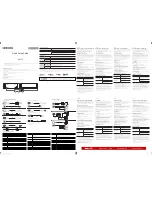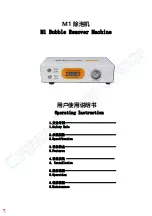
- Check cooling lubricant (visual inspection)
Orientation
Follow the user documentation Notes on Operating Materials and
the documentation of the cooling lubricant manufacturer.
For all work in connection with operating materials, the information in
the data sheets of the respective manufacturers and the information
in the document Notes on Operating Materials must be observed.
The cooling lubricant is subject to wear depending on the material and the
generated temperature. Regular inspection is therefore essential.
In case of strong formation of odor, fungus or mold, the cooling lubricant emulsion
must be changed at once. The principle of open lubrication may cause a slight
commixture between cooling lubricant and hydraulic fluid. If the surface of the
cooling lubricant tank is covered with a layer of oil, the cooling lubricant must be
replaced. Furthermore, determine the cause of the oil ingression.
Synthetic cooling lubricants or cooling lubricant based on esters are
not admissible.
If the type of cooling lubricant or the manufacturer is changed, make
sure that the cooling lubricant meets the required specifications.
See the manufacturer's documentation for the fill quantities.
Regularly checking the cooling lubricant is necessary in particular if
cooling lubricant emulsions containing mineral oil are used, so that
the required properties are ensured.
Requirement
A refractometer is required to determine the concentration.
Procedure
1.
Caution
Biological and chemical changes in the cooling lubricant.
Skin irritation or respiratory and circulatory problems.
Wear personal protective equipment (e.g., safety gloves and
safety goggles).
Remove machine enclosure in the area ofthe cooling lubricant tank.
2. Visual and olfactory inspection of the cooling lubricant.
3. Check cooling lubricant emulsion. See document Notes on Operating
Materials.
Maintenance Summary - Care activities
22
Maintenance Instructions
B400
DIE150EN - 05.06.2019
















































